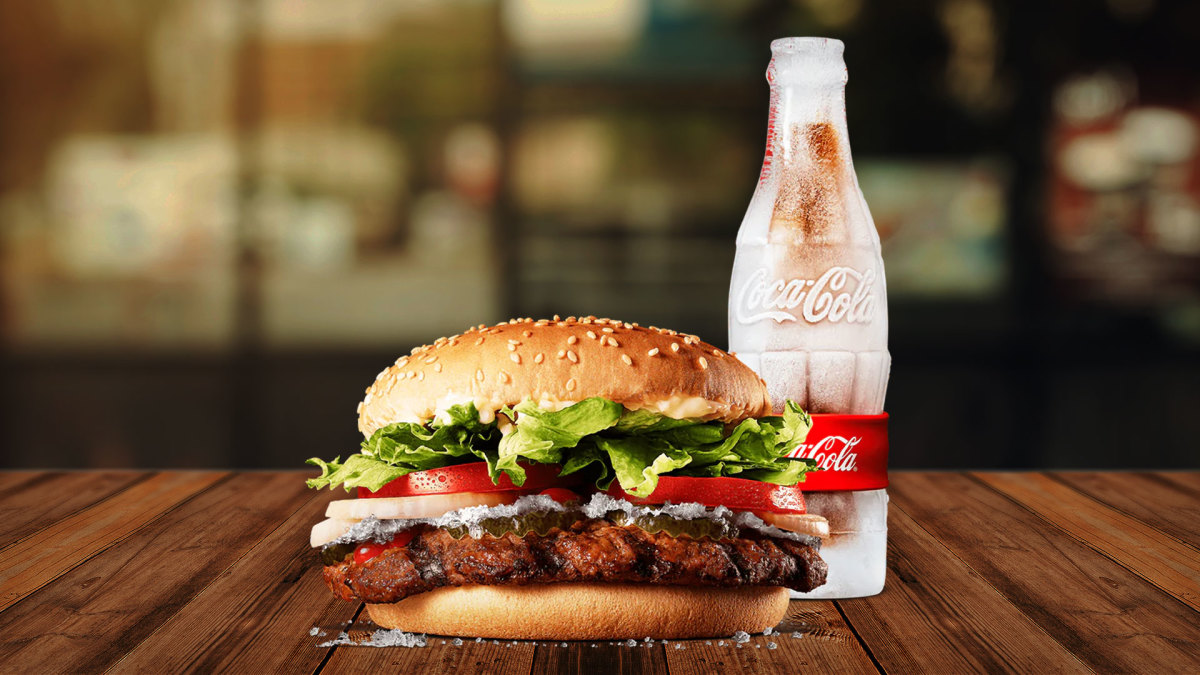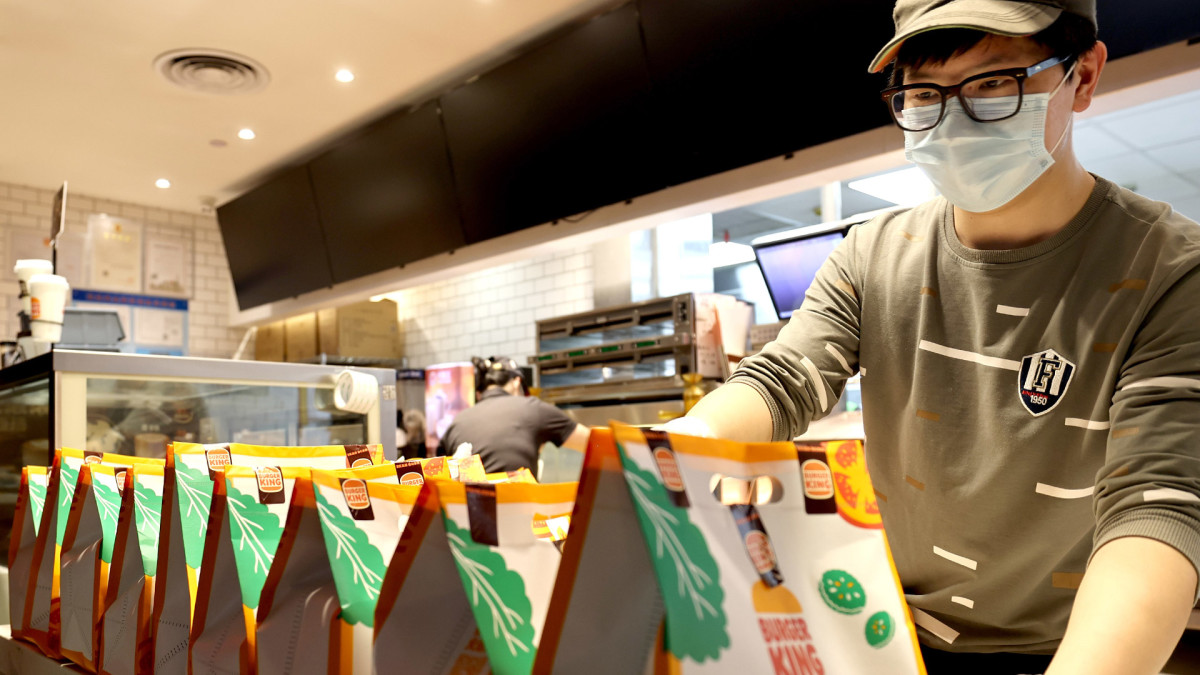
Restaurants operate on razor-thin margins, so small changes in their operating environments can leave them vulnerable to dipping from profit to loss.
In the current economic climate, a number of things that put restaurant chains at risk have gone wrong.
First, supply-chain issues have driven prices higher and made some products hard to obtain. On a broad level this played out at McDonald's, a company built around its supply chain. MCD had to limit sales of french fries in certain markets.
In other cases, chains took to selling chicken thighs and charging less for boneless wings because the price for chicken wings had gotten so high.
Related: Beloved fast-food chain files for Chapter 11 bankruptcy
Second, labor costs have increased. With retailers including Walmart and Target making $15 an hour the new floor, that has pressured fast-food chains, which traditionally paid very low wages.
In addition, while wages are up, inflation and rising housing costs have further pressured consumers' budgets. That has caused some customers to trade down when they order, focusing more on value items or eating out less often.
Lastly, the costs to borrow money have skyrocketed. That makes it harder (and more expensive) to get cash if operations dip into the red.
It's a recipe for disaster, and now a third major Burger King franchisee has declared bankruptcy.

Image source: Chen Jianli/Xinhua via Getty
Burger King has a bankruptcy problem
Burger King operates on a franchise model. That means that owners pay Restaurant Brands International QSR a fee and a cut of sales to operate Burger King restaurants in specific geographic areas.
That's a lower-cost model for the company compared with owning and operating its own stores, but it also puts the company at risk when one of its operators runs into financial trouble.
Burger King has seen three of its large-scale franchise partners declare bankruptcy this year. Both Meridian Restaurants Unlimited, which operated 115 Burger Kings, and Toms King, which had 90 locations, filed Chapter 11 bankruptcy in the first quarter.
They have been joined by Premier Kings, which runs 172 Burger King locations and has filed for Chapter 11 bankruptcy. That followed a sister company, Premier Cajun Kings, which operated 19 Popeye's locations, filing for Chapter 11 earlier this year. Popeye's also falls under the Restaurant Brands International banner.
The parent has been aggressive in finding new owners for these stores. In the case of Meridian, parent RBI took over 32 locations, while selling another 38, Restaurant Dive reported.
Premier King's restaurants are currently for sale, but both Burger King and the bankruptcy court will play a role in any sale.
In the case of the previous bankruptcies some locations were not sold and were forced to shut down.
Burger King invests in franchisees
Restaurant Brands International has been aggressive in working with its distressed franchisees to help bring better operators into its system. Chief Executive Josh Kobza addressed its efforts during the company's first-quarter-earnings call.
"Our ultimate goal is to have fantastic operators running the stores in the system. But we have some really great operators within our company restaurant business. And so we're happy to be part of facilitating the transfer, we're happy to run the restaurants for a while, as long as that's contributing towards the long-term vision that we really want to achieve," he said.
Chairman Patrick Doyle added that the chain had similar issues with franchisees in Canada with its Tim Horton's brand. Fixing that, he said, starts with making the right operational moves.
"I mean, the results of Tim's in Canada are our results of doing fundamentally everything right. It's great advertising, it's great operations, it's making sure that we've got terrific engaged franchisees, it's continually renovating the assets so that they look really good. It's getting the pricing and promotion right. And we're really following that blueprint with BK in the U.S.," he said.







